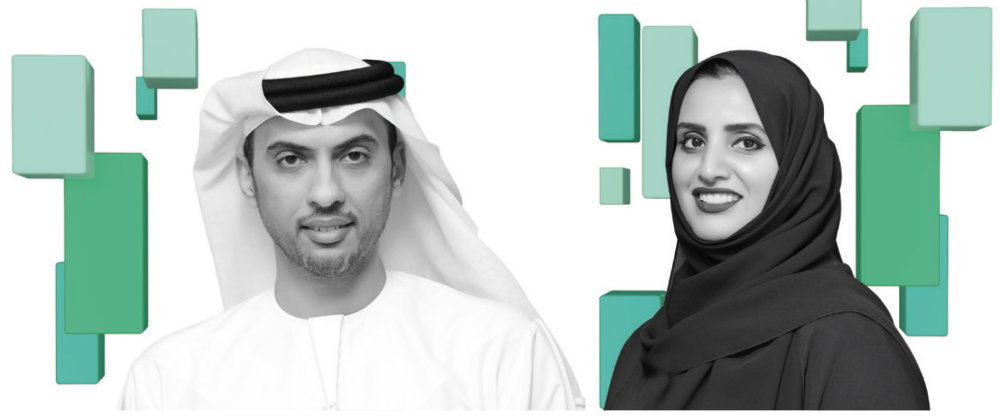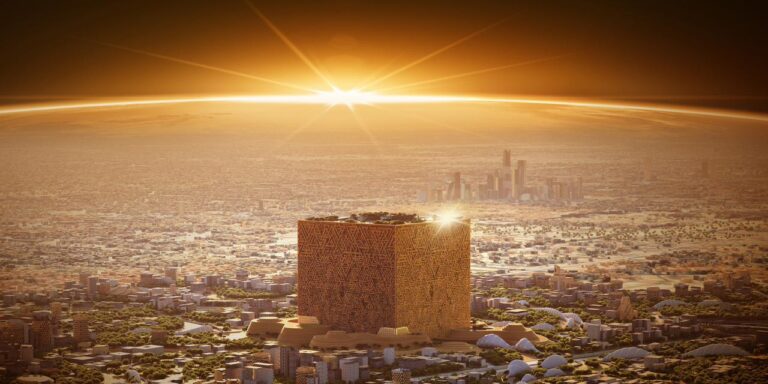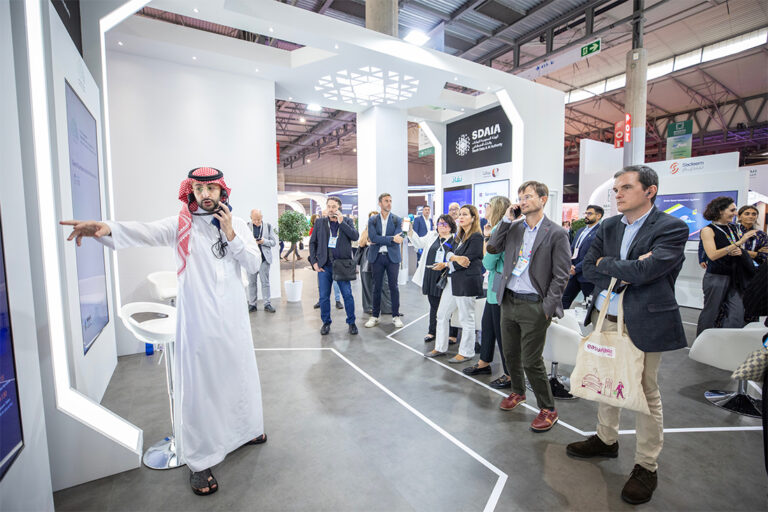
“We believe that blockchain holds the key to Dubai’s vision of becoming the smartest and happiest city in the world,” says Dr Aisha bin Bishr, director general of the Smart Dubai Office.
The SDO is leading the Dubai Blockchain Strategy 2020, which aims to make Dubai home to the world’s first blockchain-powered government by 2020. The strategy is based on three pillars: enhancing government efficiency, supporting the creation of new businesses, and consolidating Dubai as an international blockchain leader. Between them, the three pillars connect government, private sector and the international community.
“We have already developed use cases for blockchain in more than a dozen sectors, ranging from buying or renting a property to obtaining a commercial license or registering at a school,” Dr bin Bishr says. “We believe the technology will transform services across the economy of Dubai.”
As a recognized international thought leader in the space, this May the Emirate will welcome the Future Blockchain Summit, with the Smart Dubai Office as host. At the summit, Dubai will be showcasing the progress that it is making in implementing its blockchain strategy and sharing what it has learnt with cities and companies from around the world.

“We are seeing high levels of interest from the international community, from countries like Singapore, Egypt, Saudi Arabia, in our data strategy and our use of blockchain,” says Wesam Lootah, CEO of the Smart Dubai Government. “We also work closely with major companies such as IBM and Consensys, while many blockchain start-ups are setting up base in Dubai to benefit from our support and growing ecosystem.”
In 2017, the Smart Dubai Office organized a global Blockchain Challenge for start-ups from around the world. More than 3,000 entrepreneurs applied for the competition. Of a shortlist of 100, 21 start-ups from 19 cities were selected to visit Dubai.
“Blockchain will revolutionize everyday experiences, making our lives more seamless, efficient, safe and personalized.” Dr Aisha bin Bishr, Director General, Smart Dubai Office
In the public sector, Lootah says that blockchain has already proved its potential to deliver significant improvements in efficiency. Smart Dubai has worked with more than 20 government entities to develop use cases for blockchain, ranging from the digitization of land titles and the automation of real estate transactions at the Dubai Land Department to the regulation of business licenses for dozens of free zones all over Dubai and their integration onto one blockchain-based platform.

In the healthcare sector, hospitals and doctors are working to put e-prescriptions on the blockchain. “Anytime you are prescribed a medication across different clinics or hospitals, it will be in a distributed ledger accessible by your physician,” explains Zeina Al Kaissi, head of emerging technology and global partnerships at the Smart Dubai Office.
“Blockchain will do to transactions what the Internet has done to information.”
Wesam Lootah, CEO, Smart Dubai Government
As the technology gains traction, by the end of 2021 the goal is for Dubai to become a completely paperless government in all areas of life, from visa applications to license renewals. “As well as increasing the transparency and efficiency of government services, there will be massive financial and environmental savings from removing the need to print one billion pieces of paper every year,” Lootah says.
Smart Dubai has also developed compelling use cases for blockchain in strategic sectors such as energy, media, and education. “We need to mobilize people to act,” Zeina Al Kaissi says. “And in order for them to act, they need to dream with you”![]()
As published in TIME magazine









